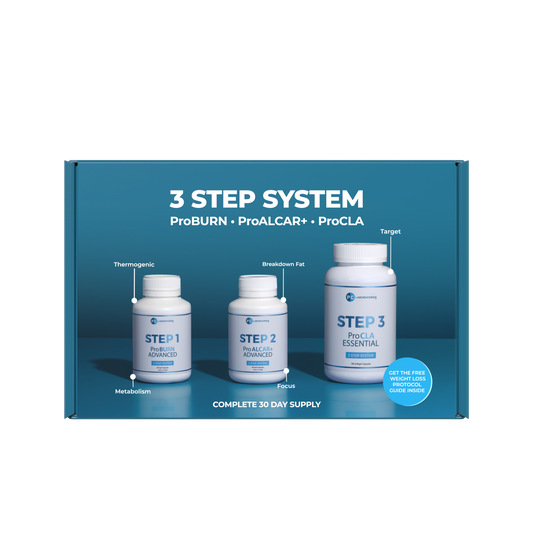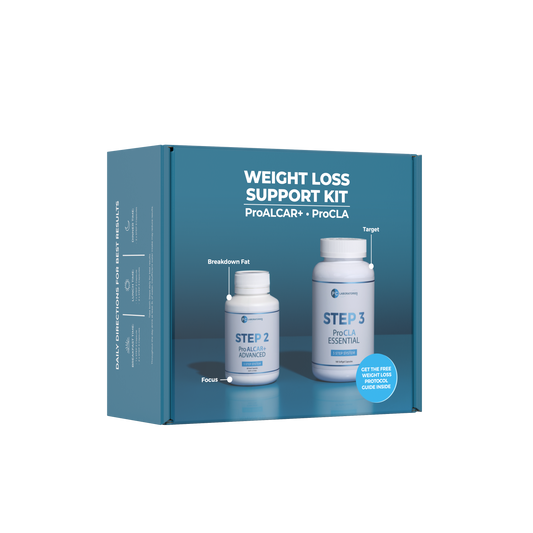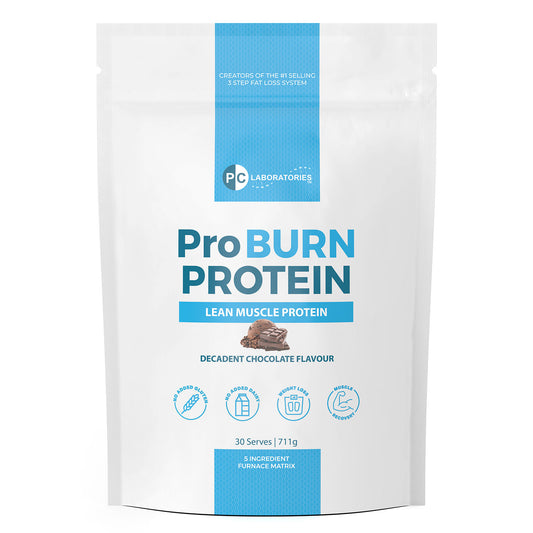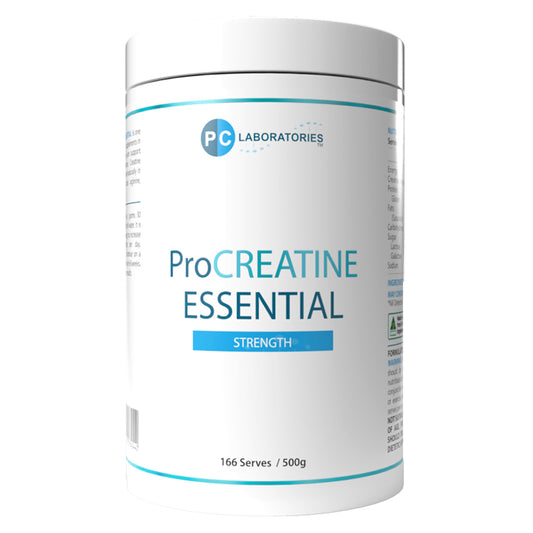DNA testing has been around for years and is commonly used to trace ancestry or identify food intolerances. However, it can now also provide valuable insights to support weight loss.
Sounds too good to be true, right? Whether you’re actively trying to lose weight or just intrigued, let’s investigate together.
What’s DNA Testing for Weight Loss?
You know what they say, knowledge is power, and DNA is a great way to learn about your body at a cellular level.
There are a lot of factors that determine your weight, such as environment, lifestyle, gut microbiome, blood sugar, cholesterol and blood pressure. That being said, genetics play a major role.
DNA tests can’t tell you exactly what to do to accelerate weight loss, but they can help you understand why you might be struggling to see results. They can also help you to identify the best diet and exercise for your body to increase the chances of meeting your weight loss goals.
How Does DNA Testing for Weight Loss Work?
Typically, DNA testing to support weight loss has four steps:
- Consultation, whereby you discuss your weight management and nutrition with a professional and establish any concerns
- Cheek swab, which is a quick saliva sample of your DNA
- Patient questionnaire, which is a form you fill out based on your current information and circumstances
- DNA analysis, where the lab will assess the DNA sample
The results will be sent to your email address usually within a couple of weeks.
DNA Testing for Weight Loss: Types of Results
There are different types of insights that you can get from DNA testing to support weight loss.
Recommended Diet Plan
DNA test results provide a genetic profile where you can learn more about your weight loss ability and how your body uses protein, fat and carbohydrates. You can also uncover more information about your nutrient and vitamin needs.
There are more than 100 genes involved in this process and it is very complex, so you may not get a clear diet approach. Having said that, some common advice you might get from a DNA test includes:
- Don’t eat dairy products
- Increase your intake of Omega-3 fatty acids
- Reduce your sodium intake as you have a higher risk of high blood pressure
- You have a vitamin D deficiency
Any diet recommendations will be tailored to your genetic makeup, as well as your age, height and gender.
Basal Metabolic Rate (BMR)
Some genes are linked to how fast or slow your metabolism is at rest, meaning how many calories your body burns to maintain basic functions like breathing and digestion. A DNA test may show if you naturally have a faster or slower BMR, which can help determine your daily calorie needs for weight loss.
Ideal Macronutrient Balance
Similarly, a DNA test can identify your ideal balance of macronutrients.
- Carbohydrate Sensitivity: Some genes will affect your body’s ability to metabolise carbohydrates. A DNA test can reveal if you’re more prone to insulin resistance or higher blood sugar levels when consuming carbs. You might be advised to reduce carb intake or focus on low-glycemic index foods for better weight control.
- Fat Metabolism: DNA testing can determine how efficiently your body processes dietary fats. For instance, if you have a gene variant that makes you less efficient at metabolising fats, a lower-fat diet may be recommended.
- Protein Utilisation: Certain genes influence how your body utilises protein for muscle maintenance and recovery. DNA testing can help identify if your body needs more or less protein in your diet to support lean muscle mass and contribute to weight loss when combined with exercise.
Fat Storage and Breakdown
Likewise, specific genes influence how easily your body stores fat and how efficiently it breaks down fat for energy. This can indicate whether you're more likely to store fat in stubborn areas (like the stomach or thighs) or how well your body responds to fat-burning activities like exercise or low-carb diets.
Hunger and Satiety Hormones
DNA testing can assess genes related to the regulation of hormones like leptin and ghrelin, which control hunger and fullness. Then you will be able to tailor your macronutrient intake to help you manage your appetite and avoid overeating.
Serotonin and Mood Regulation
Genetic markers related to serotonin production and regulation can affect mood stability and emotional wellbeing. Low serotonin levels are often associated with mood disorders and can increase the likelihood of emotional eating, as food can provide temporary boosts in serotonin levels, especially foods high in carbohydrates.
Caffeine Metabolism
DNA testing can reveal if you have caffeine sensitivity based on the gene CYP1A2. Variations in CYP1A2 determine whether you are a "fast" or "slow" caffeine metaboliser.
If you’re a fast caffeine metaboliser, moderate caffeine consumption can support your weight loss efforts by giving you more energy and helping your body burn more fat. If you’re a slow caffeine metaboliser, its prolonged presence in the body may cause negative effects that can make it difficult for you to lose weight, or even contribute to weight gain. Some examples of these negative effects include increased stress, disrupted sleep or heightened anxiety.
Exercise Regime
Lastly, DNA testing can also assess how your body responds to various types of exercise, such as cardio and strength training, which plays a part in metabolic rate. You may get advice relating to exercise such as:
- Your average aerobic profile indicates you should cross-train between power and endurance activities to improve aerobic potential
- Your recovery time is slower than average so increase the time between your workouts for maximum recovery
Either way, these insights can be helpful when it comes to building a results-driven weekly workout routine going forward.
Other Factors
There’s no denying that DNA can give you valuable information about food and exercise, but it won’t tell the whole story. Other factors, such as your personal and family history, can also impact your test results.
For example, family studies have indicated that people are more likely to be thin if they have a thin relative. It is insights like this that are out of your control, which is important to keep in mind if you do decide to get a DNA test to support weight loss.
Final Thoughts
DNA testing is a revolutionary concept to aid weight loss and can provide fascinating insights to help you along your journey. Elements of your results may align with what you already know, but it’s likely you will also learn something new.
Either way, keep in mind DNA tests are a way of receiving personalised advice based on what’s scientifically possible. However, they’re not a perfect road map to weight loss and shouldn’t be treated as such.
Our 3 Step System is Australia’s only TGA-registered weight loss system that can boost metabolism, reduce hunger, and improve mood and focus. It’s suitable for a wide range of people, including those with a caffeine sensitivity as it only contains a moderate amount of caffeine (the same as a cafe coffee). Give it a try today and you’ll be amazed by the results!








